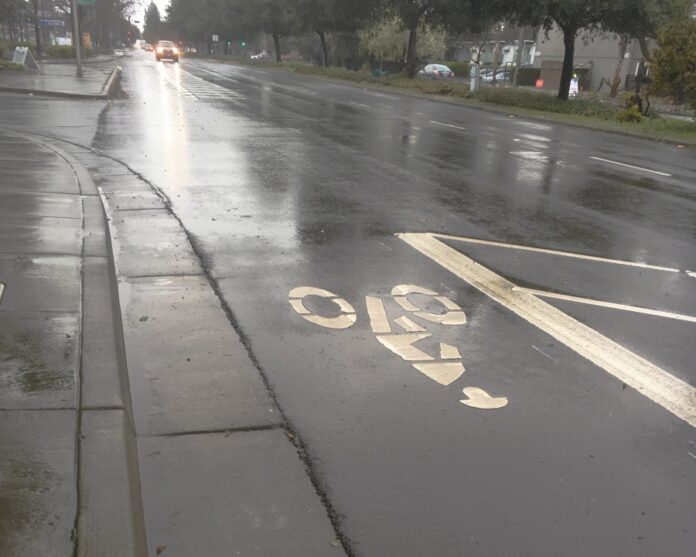Why I traded my car for my bike and haven’t looked back
While I was growing up in the suburbs of south Florida, having access to a car meant that I could go to that house party, or meet up with my friends at the beach. The car was the gateway to my freedom. So you can imagine how excited I was when my dad passed his ‘98 Camry down to me during my junior year of high school. South Florida was mine for the taking.
As I drove around the suburbs blasting my music and singing at the top of my lungs, I could feel my world expanding. I was free from the prison of the suburbs.
Although I enjoyed riding my bike, I never saw it as more than a toy for riding around in my gated complex with my brothers.
After high school, I enlisted in the U.S. Navy. The idea of seeing the world and becoming independent was too tempting for a suburb kid.
My first time abroad was in Amsterdam, the most bike-friendly city in the world. I was in disbelief. Could people here really get around the whole city using just their bikes? As I walked around, I saw kids getting out of class and riding with the same facial expression I had when I drove my car around in the suburbs. Freedom.
Amsterdam opened up my eyes to how we should plan our cities — around people, not cars.
In the past, American urban planning gave priority to cars. We built highways across the heart of cities, which destroyed communities and restricted transportation choices.
It didn’t take long for American cities to shift gears and start building their cities around bicycles, which has improved our environment, helped businesses and fostered communities.
Unfortunately, there is still much work to do to compete against the top bicycle-friendly cities around the world. Biking infrastructure in U.S. cities favors the wealthy over lower-income residents, even though lower-income residents use bicycles to commute more than higher-income people do.
Bikeability in cities is increasingly seen as a standard for progressive thinking. It addresses the two biggest problems seen in many cities: environmental socioeconomic disparities, such as air pollution hot spots, and the never-ending headaches of traffic jams. Transportation plays a major factor in how desirable it is to live in cities.
After my enlistment in the Navy, I drove across the United States with my bike on top of my car, trying to expand my horizons while searching for a college education. I was not expecting to end up in a little farm town in the middle of nowhere, especially having grown up in the Florida suburbs, but the little town of Davis had something I’d been looking for ever since that trip to Amsterdam: biking freedom.
Ever since I started my education at UC Davis, I’ve used my bike to go everywhere from the grocery store to the library to Aggie parties, while my car has collected dust in the parking lot. Leaving my car behind has never felt so liberating.
Written by: Daniel Oropeza — daoropeza@ucdavis.edu
Disclaimer: The views and opinions expressed by individual columnists belong to the columnists alone and do not necessarily indicate the views and opinions held by The California Aggie.




